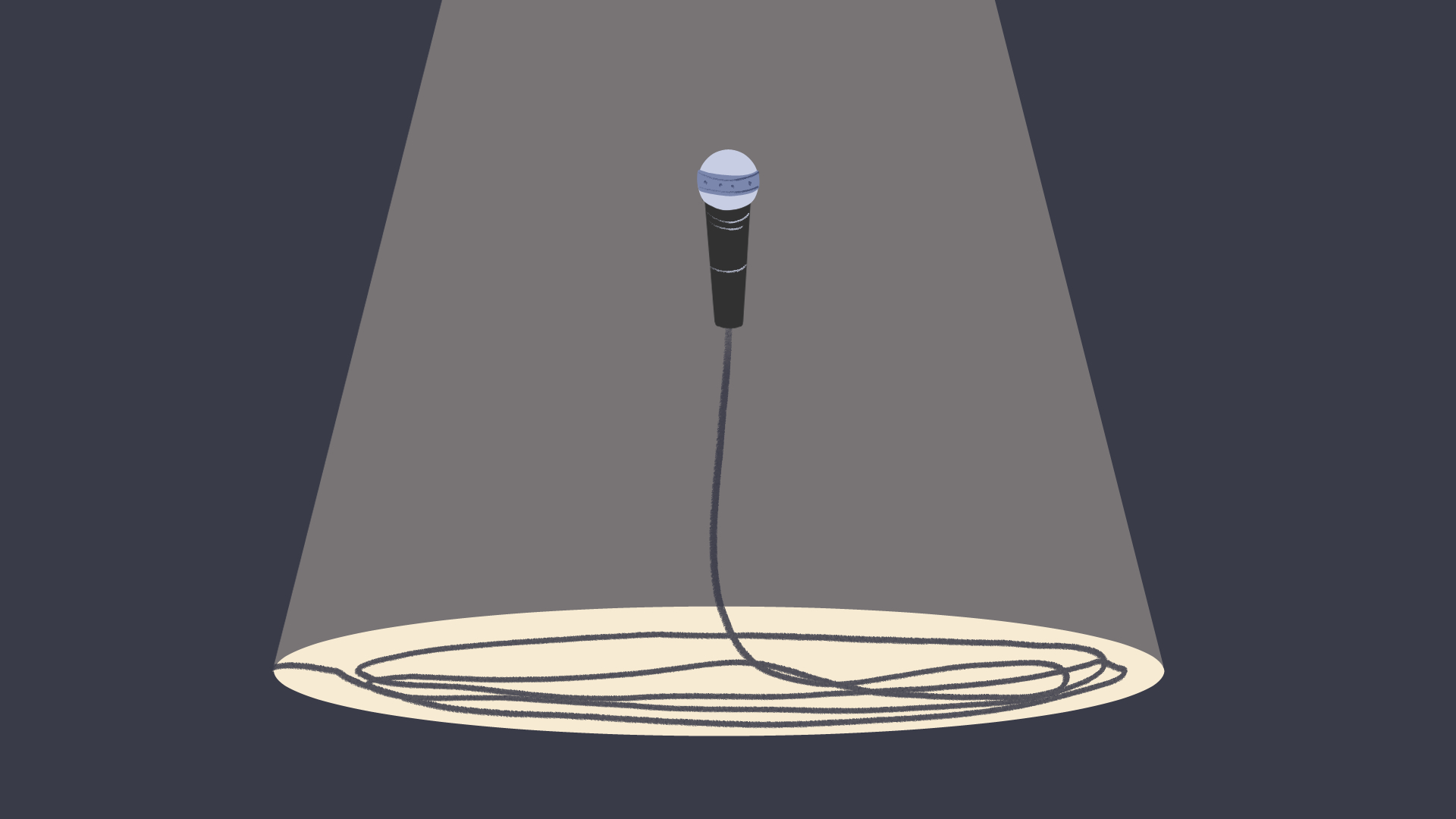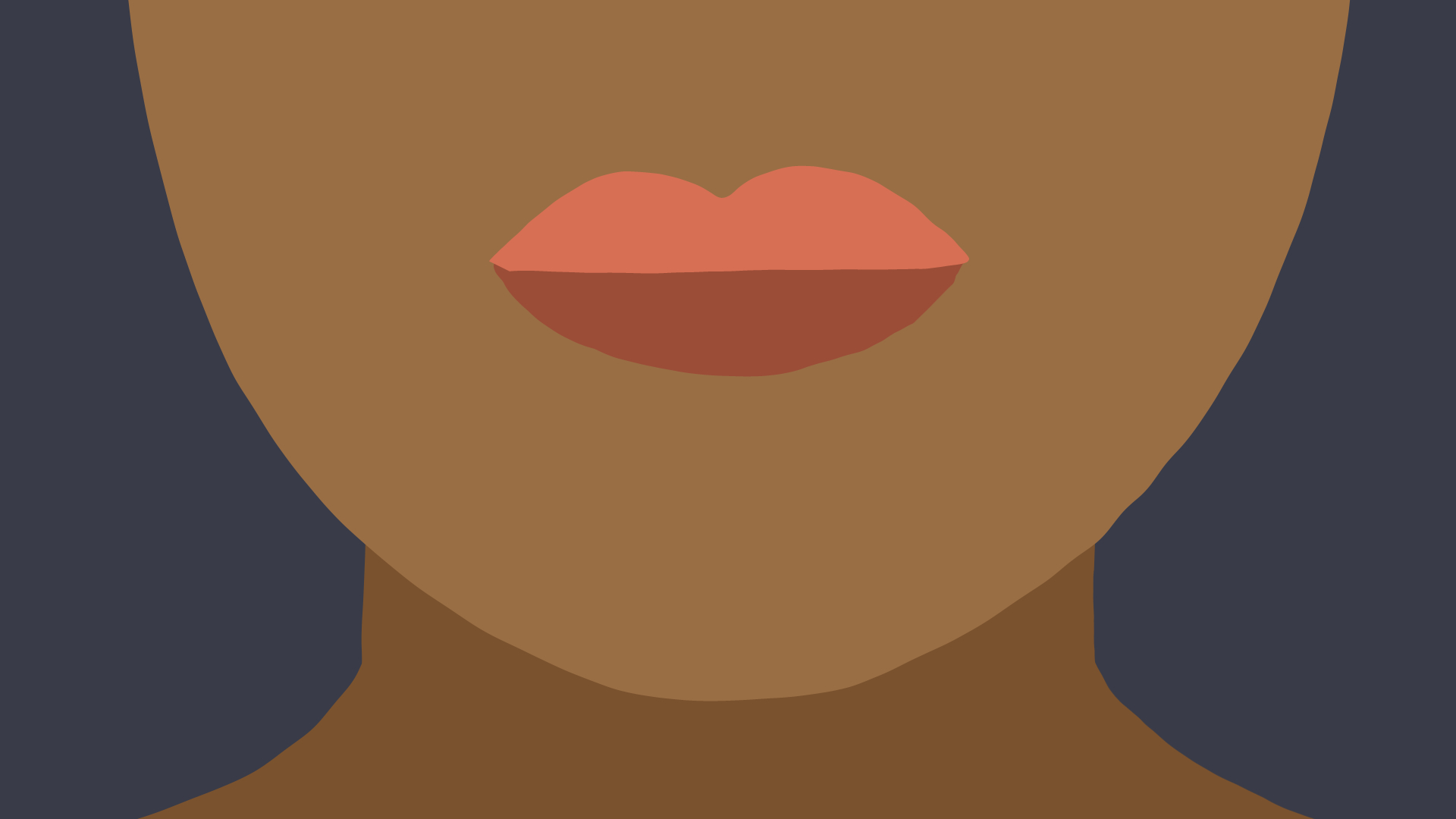Teen fiction has made me idealize a lot about the ‘perfect hot girl.’ This is the girl about whom men fantasize and adore. She has long silky hair, curves, soft lips, and a sexy voice — always a sexy voice.
My guy friends in high school also used to talk about girls’ voices, which confirmed my doubts about myself. If you really think about it, having a ‘sexy voice’ seems like a fake ideal, but to me, not living up to this ideal was always a confirmation of my belief that I was never good enough.
I was in no way close to any of the ideals that were supposed to make a woman adorable and worthy of love and attention. I used to hate my voice for a lot of reasons, which I now realize is because of the unfair beauty standards that are shoved in the face of every young girl. All the women on TV had this calm soothing voice while mine felt abrupt — a bit hoarse.
My voice has never been womanly. It was always a bit childish. It is heavy in a way that would make others around me think that a young girl is speaking. To add to these insecurities, I could not pronounce soft ‘s’ sounds well due to the shape of my teeth. Some words don’t come out clearly, like ‘science’ or ‘fifths.’
At the start of high school, I told myself that I would patiently wait for puberty to do its work. Someday, there would be enough estrogen in my body that my hormones would develop a voice I wouldn’t be ashamed of.
So, while waiting for that voice to come around, I refused to send any voice notes or videos of myself speaking, so as to not have a record of how ugly my voice was. I told myself that way in the future, when my ‘hot voice’ came around, I would have nothing to be embarrassed about. And until then, I could be uncomfortable with myself because I knew that my time to love myself would come around.
However, by not being able to bear hearing a recording of myself, I never realized that I was engaging in a very deep-rooted form of self-hatred. I started to speak less and less in group conversations so that fewer people would listen to me. I would talk quietly so that the only people who heard me were the ones I intended to be heard by.
Then came a time when I would not talk enough during one-on-one conversations. My insecurity deepened, as I also decided against sending voice notes in my family’s WhatsApp group chat — not even allowing the people who had given birth to me or grown up with me to hear me.
There was always a fear within me that someone would hear me speak and hate me for it. People might think my voice was childish, ugly, and not womanly. That was the last thing I wanted, so I decided this voice had to be kept deep down inside; it had to be contained like a monster that could take away all the love people had for me.
At some point, I thought I had made my peace with my insecurity. A voice is what it is, and you can’t force it to change. Then I crossed an ocean to start university and fully realized that now it was definitely too late for puberty to do its wonders — the time for miracles had passed.

